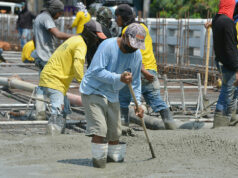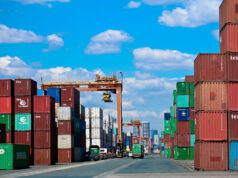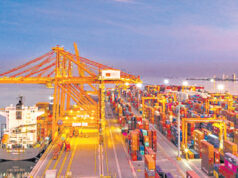Finance dep’t flags inflation risk from calamities, wants other provinces to also cultivate vegetables
THE Department of Finance (DoF) said the December uptick in inflation highlighted the vulnerability of the food supply to calamities, and called for the development of other vegetable-growing regions to guard against any disruptions to the transport links or storm damage to intensively-farmed areas.
In an economic bulletin Monday, the DoF attributed the 3.5% inflation reading in December to the surge in prices of vegetables and meat, which rose 19.7% and 10% year on year, respectively.
“Vegetable supplies were dented by the successive typhoons that swept the country during the last quarter. Meat was adversely affected by the African Swine Fever (ASF),” it said.
The price of rice also rose 0.1%, completely reversing the 4.45% decline seen the year prior, after rice-growing regions such as the Cagayan Valley and Bicol sustained serious damage from typhoons and flooding in November.
“The (Department of Agriculture’s) food programs may have to be re-strategize so that unaffected regions can supply alternative supplies of vegetables to typhoon-battered regions immediately after a typhoon,” the DoF said.
Last month’s inflation number pushed the 2020 average to 2.6%, up from 2.5% in 2019 but well within the central bank’s 2-4% target.
To address the rising price of meat, the DoF also called on the DA to roll out a “stronger program to stamp out” ASF.
In a statement Monday, Agriculture Secretary William D. Dar said the DA has signed partnerships with two organizations to curb the spread of ASF and help restore the hog population.
Mr. Dar said the Univet Nutrition and Animal Healthcare Company and the Philippine College of Swine Practitioners will also help implement a local ASF surveillance system to help with early detection of the disease.
The DA had yet to respond to requests for comment at deadline time. — Beatrice M. Laforga



